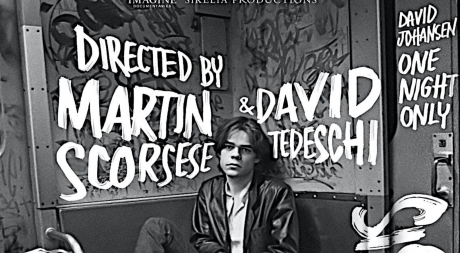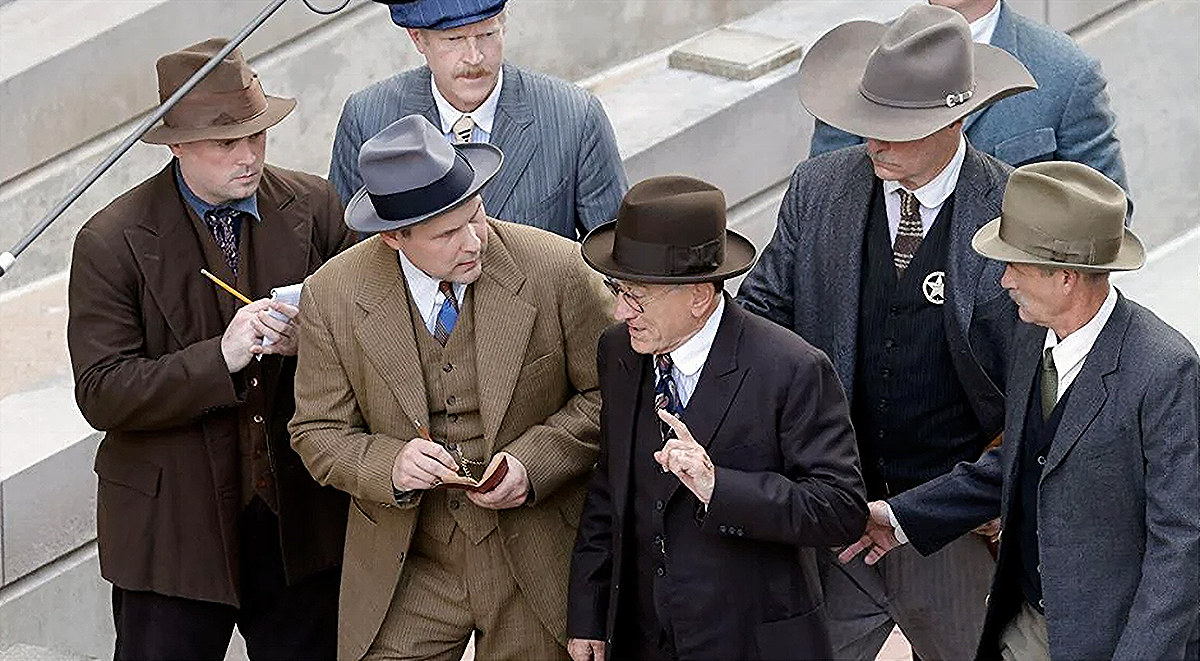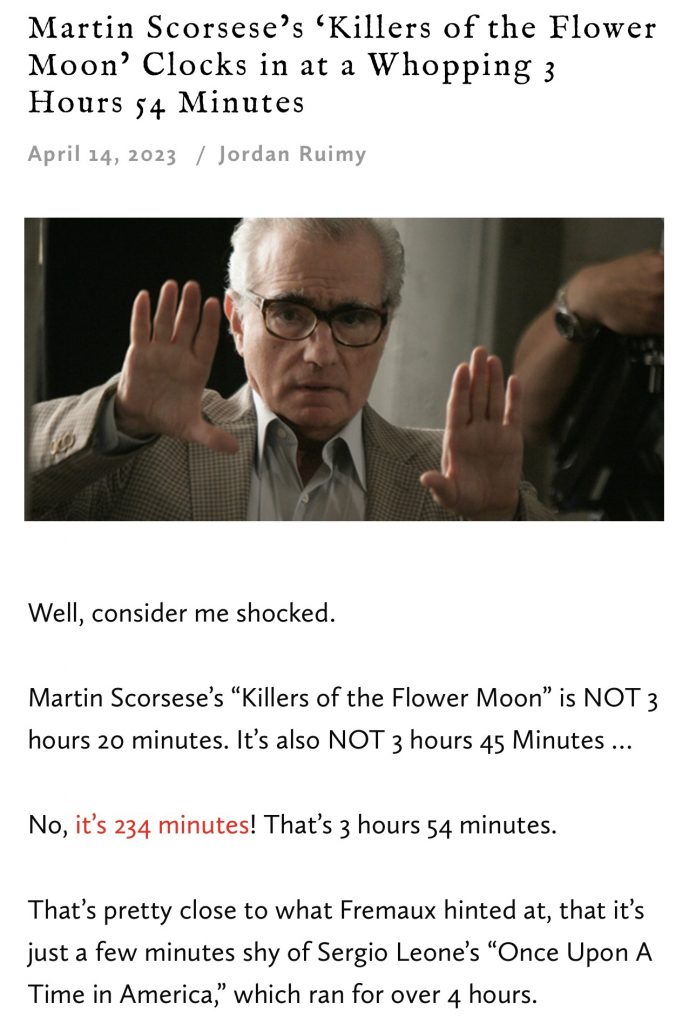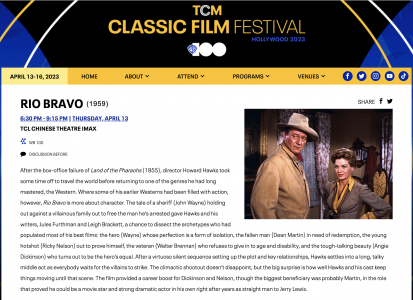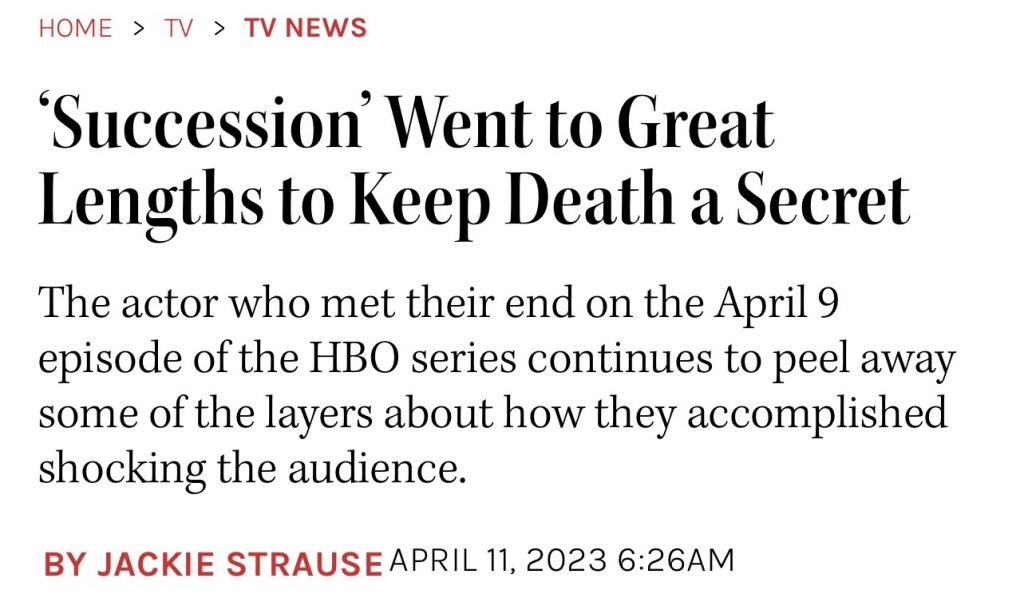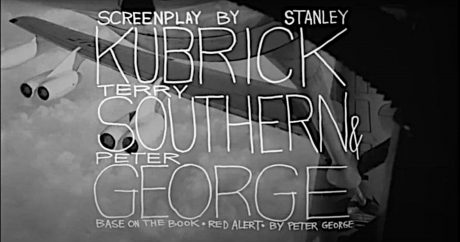There’s a passage in Tom Wolfe’s “The Me Decade and Third Great Awakening“, which I happened to re-read a couple of days ago, that put the hook in. It says that Ingmar Bergman‘s Scenes From A Marriage (’73 — recently remade for HBO with Oscar Isaac and Jessica Chastain) “is one of those rare works of art, like Ernest Hemingway’s The Sun Also Rises, that not only succeed in capturing a certain mental atmosphere in fictional form…but also turn around and help radiate it throughout real life.”
Hundreds of fictional films have captured a certain social atmosphere or way or looking at life, of course. It could be argued, in fact, that this is what defines a great film — the capturing of some aspect of real actual life that millions recognize as being genuine in some poetic or distilled, boiled-down way. But how many times has the public reception to this kind of film turned around and regenerated and become a current in and of itself?
My first thought when this question came to mind was William Wyler‘s The Best Years of Our Lives (’46). Or John Badham‘s Saturday Night Fever, although I’m not sure how many people really wanted to live the life of John Travolta‘s Tony Manero. Or Robert Redford‘s Ordinary People. I’m actually not sure which films meet this standard — still kicking this one around.
The Wolfe passage in question:
A key drama of our own day is Ingmar Bergman’s Scenes From a Marriage. In it we see a husband and wife who have good jobs and a well-furnished home but who are unable to “communicate”—to cite one of the signature words of the Me Decade. Then they begin to communicate, and there upon their marriage breaks up and they start divorce proceedings. For the rest of the picture they communicate endlessly, with great candor, but the “relationship” — another signature word — remains doomed. Ironically, the lesson that people seem to draw from this movie has to do with “the need to communicate.”
Scenes From a Marriage is one of those rare works of art, like The Sun Also Rises, that not only succeed in capturing a certain mental atmosphere in fictional form … but also turn around and help radiate it throughout real life. I personally know of two instances in which couples, after years of marriage, went to see Scenes From a Marriage and came home convinced of the “need to communicate.” The discussions began with one of the two saying. Let’s try to be completely candid for once. You tell me exactly what you don’t like about me, and I’ll do the same for you. At this, the starting point, the whole notion is exciting. We’re going to talk about Me! (And I can take it.) I’m going to find out what he (or she) really thinks about me! (Of course, I have my faults, but they’re minor, or else exciting.)
She says. “Go ahead. What don’t you like about me?”
They’re both under the Bergman spell. Nevertheless, a certain sixth sense tells him that they’re on dangerous ground. So he decides to pick something that doesn’t seem too terrible.
“Well,” he says, “one thing that bothers me is that when we meet people for the first time, you never know what to say. Or else you get nervous and start babbling away, and it’s all so banal, it makes me look bad.”


